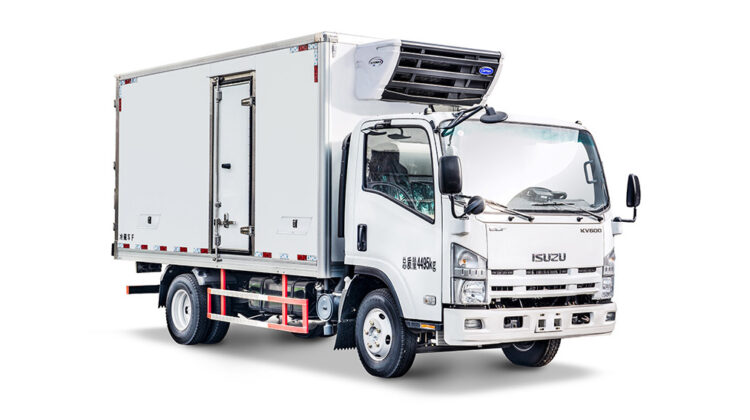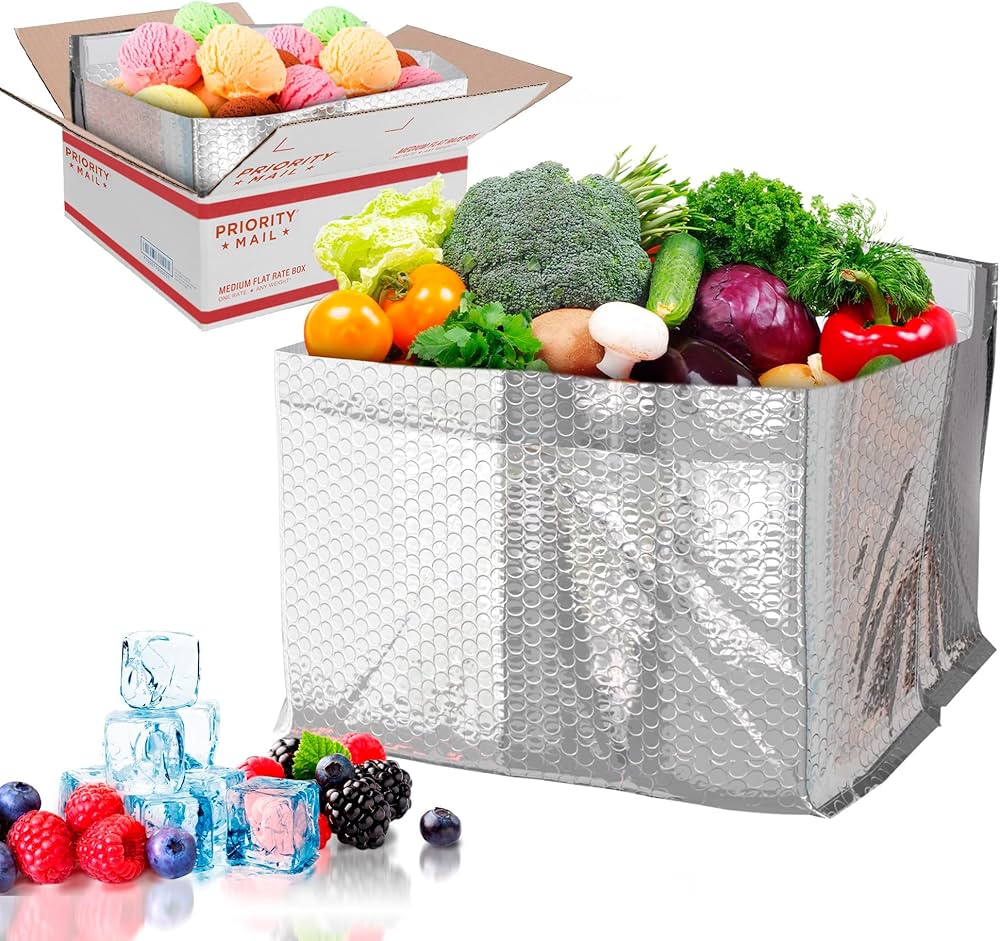
Introduction
The logistics of transporting perishable goods, especially in an environment as challenging as Dubai’s extreme weather, require meticulous planning and execution. With soaring temperatures that can easily exceed 40°C, ensuring the freshness and quality of perishables like fruits, vegetables, dairy, and meats is no small feat.
In this guide, we’ll explore the best practices, technologies, and strategies to ensure that safely transport perishables in Dubai weather are transported safely, efficiently, and in compliance with UAE regulations.
Understanding the Challenges of Safely Transport Perishables in Dubai Weather
Dubai’s climate is characterised by intense heat, high humidity, and occasional sandstorms. These factors can compromise the quality of perishables if not managed properly.
- Temperature fluctuations: During transit, perishables are susceptible to rapid temperature changes, which can accelerate spoilage.
- Humidity Issues: High humidity can promote mould growth, especially in poorly ventilated packaging.
- Regulatory Compliance: The UAE imposes strict food safety regulations to protect public health. Noncompliance can result in hefty fines or shipment rejections.
Importance of Temperature Control in Perishable Transport
Maintaining an unbroken cold chain is vital to ensuring perishables remain fresh.
- Refrigerated Trucks: These vehicles are equipped with temperature-regulated systems to maintain optimal conditions for perishables.
- Temperature Monitoring: Real-time sensors help track fluctuations, enabling immediate corrective action.
- Cold Storage Facilities: Intermediate storage facilities ensure the cold chain remains intact during transit delays.
Best Practices to Safely Transport Perishables in Dubai Weather
1. Use Specialized Packaging Materials
Packaging plays a crucial role in preserving perishable items.
- Insulated Containers: These minimise exposure to external temperatures.
- Vacuum sealing: reduces oxygen levels to slow down spoilage.
- Gel Packs and Dry Ice: Ideal for keeping smaller shipments cold.
2. Plan Efficient Transportation Routes
Minimising transit time reduces the risk of spoilage.
- Route Optimisation Software: Tools like GPS routing systems help find the fastest, most efficient routes.
- Avoid Peak Hours: Traffic congestion during Dubai’s busy hours can cause unnecessary delays.
3. Leverage Advanced Cooling Technologies
- Cryogenic refrigeration uses liquid nitrogen for ultra-low temperatures.
- Solar-Powered Refrigeration Units: Ideal for sustainable and efficient cooling.
4. Conduct Pre-Delivery Checks
Before shipping perishables, ensure all systems are functioning optimally.
- Inspect cooling units in refrigerated vehicles.
- Verify packaging integrity to ensure no leaks or tears.
Role of Technology in Safely Transport Perishables in Dubai Weather
Smart technologies are revolutionising logistics in Dubai’s heat.
- IoT Sensors: These devices monitor temperature, humidity, and other factors in real time.
- AI-Powered Forecasting: predicts potential delays and offers alternative solutions.
- Blockchain in Supply Chain: Enhances transparency and traceability, ensuring every step of the cold chain is logged.

Regulatory Guidelines for Safely Transport Perishables in Dubai Weather
The UAE’s Food Safety Department enforces strict guidelines to ensure perishable goods remain safe for consumption.
- Food Code Compliance: Adhere to storage and transport temperature requirements.
- Labelling Requirements: Clearly mark perishables with handling instructions.
- Periodic Inspections: Regular checks by authorities ensure compliance with standards.
Safely Transport Perishables in Dubai Weather
When discussing safe transportation, it’s essential to focus on Dubai’s specific challenges. Companies operating in the region must invest in robust systems that handle extreme conditions without compromising on quality.
Why It Matters:
Efficient transportation not only preserves food quality but also protects public health and reduces waste.

FAQs
What are the recommended temperatures for transporting perishables?
Different perishables require specific temperature ranges. For example, fresh produce may need 0°C to 5°C, while frozen items require -18°C or lower.
How do I ensure my cold chain remains unbroken?
Use refrigerated trucks, conduct regular temperature checks, and ensure proper packaging to maintain the cold chain.
What happens if perishables spoil during transport?
Spoilt perishables must be discarded, and businesses may face regulatory penalties for non-compliance.
What technologies can enhance perishable transport?
IoT sensors, GPS routing software, and blockchain systems are crucial for monitoring and optimising transport.
Is dry ice safe for transporting perishables?
Yes, but it requires careful handling due to its extreme cold and potential for releasing CO2 in confined spaces.
How do UAE regulations impact perishable transport?
Strict guidelines ensure food safety, including mandatory temperature control and clear labelling.
Conclusion
Safely transport perishables in Dubai weather demands a combination of advanced technology, strategic planning, and adherence to regulatory standards. By implementing best practices, businesses can ensure their products reach consumers in pristine condition, minimising waste and maximising efficiency.

